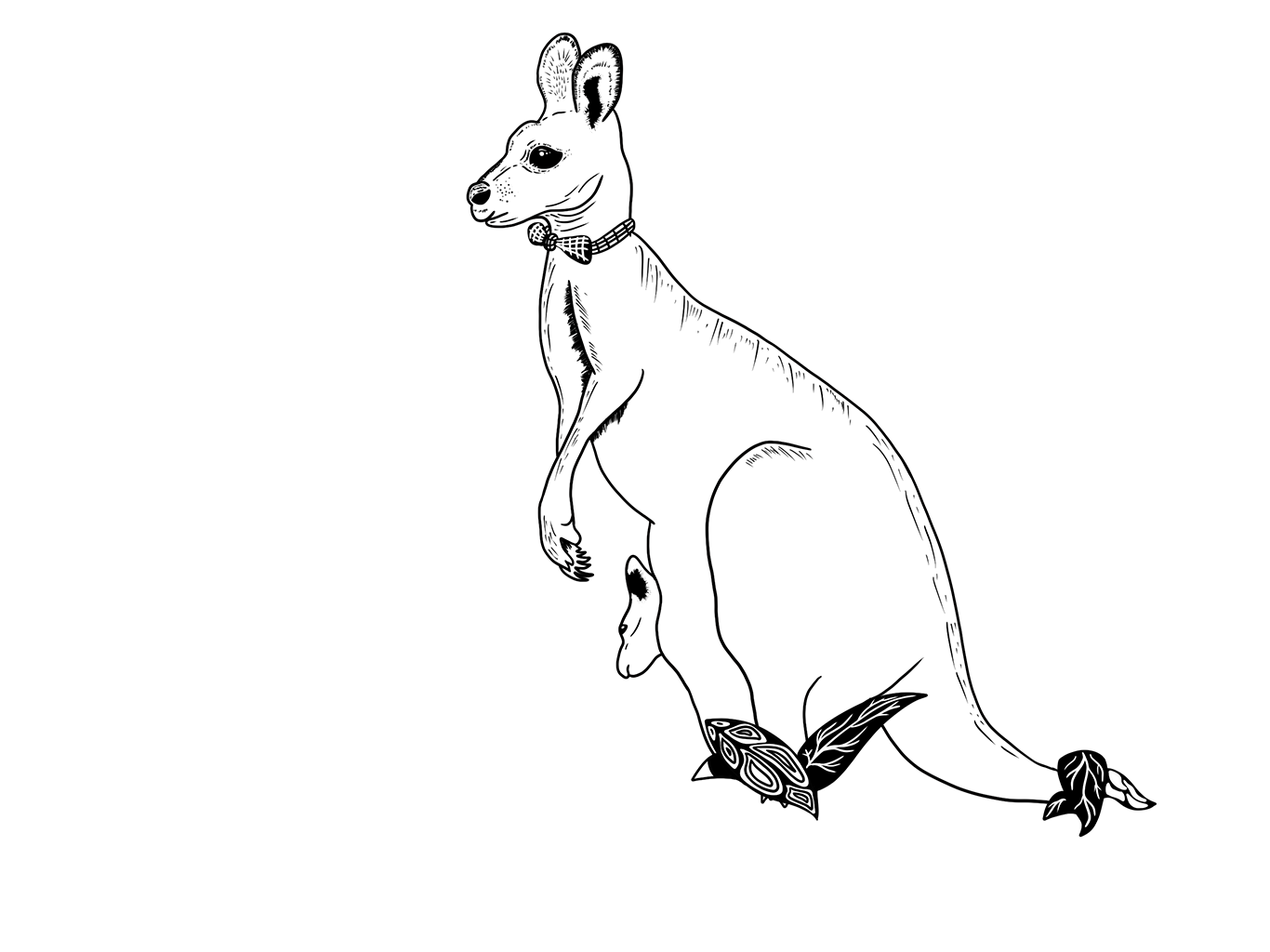
I’ve spoken many times about our lack of attention toward all things marketing. But you’re writing a blog post I hear you shout.
Sure!
You’re right, it’s kinda marketing. I guess. Not in the traditional sense of being related or beholden to growth stats and arbitrary metrics though. This shit has no purpose!
But I digress.
Point is marketing has been at the front of my mind recently. Or more accurately the whole concept of attracting new customers while also meeting the demands of existing ones.
It started a couple of days ago. My brother recently finished their BA (hons) in Game Design at Falmouth University and I’d been roped in as transport.
I’m not gonna lie. It was a proud moment for me to hear his name called. To watch him parade across the stage and shake the hand of Dawn French, Falmouth’s chancellor. Before snatching the ceremonial degree tube from the hands of who I’ll assume was one of the course leaders.
An incredibly proud moment, not least because I’d graduated from Falmouth 7 years ago. But also because of the journey and the struggles my brother’s had to overcome in order to make it to the finish line. Including our mum’s passing half-way through his final year.
But I digress.
Our story begins some 12 hours before as we journeyed to Cornwall. Embarking on what would be an 8-hour journey for me. From Canterbury to Truro, via my brother’s place in Fareham.
As I mentioned, I’d become the chauffeur. A role I was happy to fulfil in spite of the potential struggle to stay awake the following day.
I can confirm 2 hours sleep after a day of work and a long drive is not the one.
But it’s not every day you get to celebrate such a huge milestone in someone’s life. Least of all in our family.
In our family I—the second to youngest of 5 or 8 depending on who you’re counting—was the first to graduate. My younger brother was the second.
Not that it’s a race. (But I definitely won. And paved the way. You’re welcome bro! 😏)
Point is graduating just wasn’t something we did. So I was proud to share the day with him even if it meant a long-ass journey across the country to do it.
And it was this on this journey I started thinking about marketing, and how important balancing focus on existing and potential customers really is.
Retconning is the Worst
You can’t erase decades of canon to fit some kinda future narrative
I’ll never admit it but my brother’s pretty smart sometimes. And this was no exception.
You see, he’s a massive geek. The geekiest. One of those table-top, card collecting, retro game-playing geeks.
Think Comic book guy in the Simpsons, double down, and you’ll almost scratch the surface. And I freaking love it.
I could only dream of reaching their level. Sadly I’ll only ever be an outlier. Not quite geek enough to be invited to play a D&D campaign. But too geek to sit with the not-quite-cool kids at school.
I mean I’m a fan of a lot of things. A big fan. Comics. Games. Movies. Books.
But my brother is another level.
It’s not just the things themselves. It’s the worlds of things. The Star Wars Universe. Middle Earth. The Forgotten Realms.
These worlds and characters are everything. Their stories are important. Sacred even.
So when companies and studios make huge changes to these worlds, it hurts people like my brother deeply.
As he launched into a tirade about the retconning of the Extended Star Wars Universe my mind wandered.
It often did.
I mean like I said I admire the passion. But there’s only so much you can take at any one time. And we were only an hour into a 5-hour drive.
But it wandered close.
It wasn’t just about how defensive of the worlds he was. It was the frustration. The feeling of being forgotten. Left by the wayside in lieu of the next batch of fans to entertain.
Each batch watering down the worlds that had been created. The hours and hours spent fleshing out the world.
Licensed fan fictions destroyed to pave the way for a more financially lucrative storyline.
Were we guilty of this? Had we done the SaaS equivalent of retconning our software and brand in favour of something more fiscally lucrative. More exploitative?
I don’t think so. But even thinking it was enough to set my mind on a deep dive.
Old or New? Who’s Worth More?
We tend to treat everyone the same.
In fact that whole mindset is a big part of who we are as people and as a company.
It’s why we don’t offer discounts or special pricing plans.
It’s why we don’t build new things just because people on the highest plans ask for it. And instead make improvements based on what’s right for all our users.
It’s also why we don’t really focus on using marketing to drive new business. We don’t want to be drawn into an ROI-driven mindset where growth is everything and contentment is death.
It sometimes feels as if being content to just do stuff is the antithesis of success. Like working because you enjoy doing what you do, and not because it provides some kinda ROI is a sure fire way to lose interest in your work.
Really I feel the opposite is true.
Being content to just do things because you want to without some lofty ambition or need to grow at a hyper-inflated rate feels right to me.
The thing is focusing on growth feels like a quick road to treating customers like numbers. Reducing interactions to a cost:benefit ratio.
What’s the benefit of spending an hour on this established customer vs. An hour on a new one?
The truth is once you strip away all the arbitrary bullshit of metrics like customer lifespans, CPAs, how much they’re fucking paying and all the other crap, you’re left with one fact.
All customers are worth the same.
Doesn’t matter how much they’re paying. Doesn’t matter if they’re at the end of the average lifespan or a brand spanking new lead. Doesn’t matter if they log in every single day or every year. Everyone deserves to be treated with the same level of respect.
I like to think we do a good job here. Particularly when it comes to listening to existing customers and trying to entice new ones.
Mostly because we’re not actively looking for new customers. But also I think it’s because we’re firmly rooted in what’s happening now.
Instead of trying to predict the unpredictable, we’re just hoping to build the best product and write the most interesting things we can right now.
Because everything else is arbitrary.
